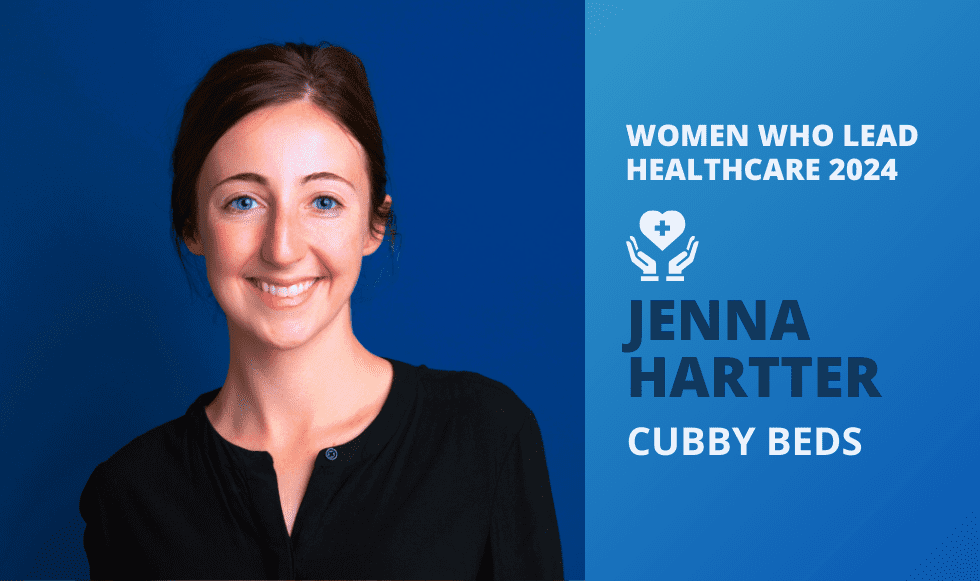Blog

Leveraging Financial Tools and Strategic Discipline to 10x Your Company’s Valuation
Every business aspires to grow exponentially, but only a few unlock the formula to multiply their valuation by 10x. At Lavoie CPA, we specialize in transforming financial operations into engines of hyper growth. Achieving a 10x increase in valuation isn’t just about...

Revolutionizing Financial Operations: A Deep Dive into Lavoie CPA’s Ramp Integration Strategy
In the evolving world of accounting, teams are inundated with transactional data, compliance demands, and the pressure to deliver real-time insights. At Lavoie CPA, we’ve turned these challenges into opportunities by harnessing Ramp, a spend management platform that...

Harmonizing Automation and Human Proficiency in Accounting Processes
In the world of accounting, efficiency and accuracy are non-negotiable. But as businesses grow and their financial operations become more complex, achieving these goals can feel like an uphill battle. The solution? A harmonious blend of automation and human expertise....

Shelly Lanning’s Mission to Rewrite Medical Understanding
In the rolling farmlands of northwestern Wisconsin, Shelly Lanning's journey began amid dairy farms and grain elevators. Her family ran the local feed mill, an experience that deeply influenced her understanding of interconnected systems. This rural backdrop was more...

Managing Multiple Entities: A Guide to Effective Accounting
Running a business with multiple legal entities, such as subsidiaries, parent companies, or international operations, can be a rewarding but complex endeavor. Whether you’re managing a health-tech company with an MSO-PC model or overseeing a US-based entity with...

Jenna Hartter’s Journey of Innovation and Impact
Healthcare innovation is marked by leaders who not only achieve great milestones but also have a profound commitment to creating meaningful change. Jenna Hartter's story is a powerful testament to perseverance, operational excellence, and a deep-rooted passion for...
